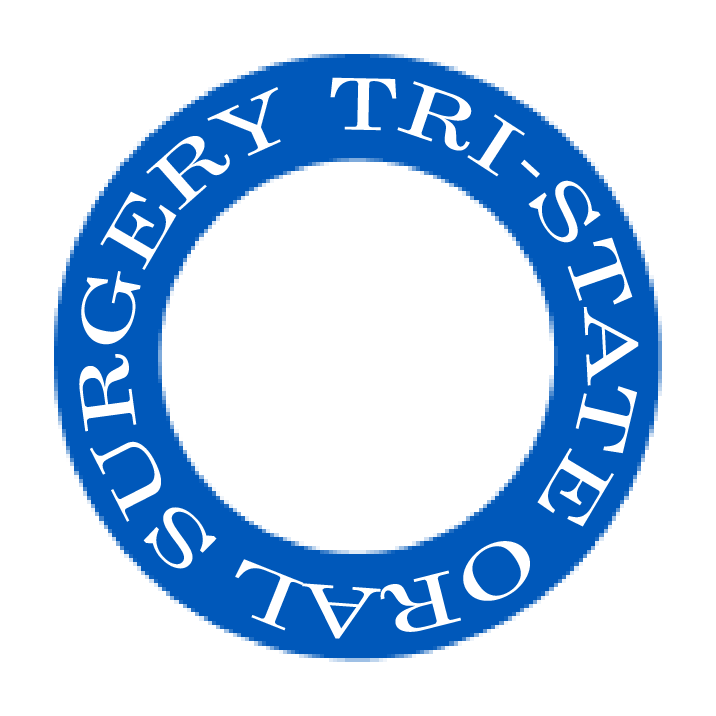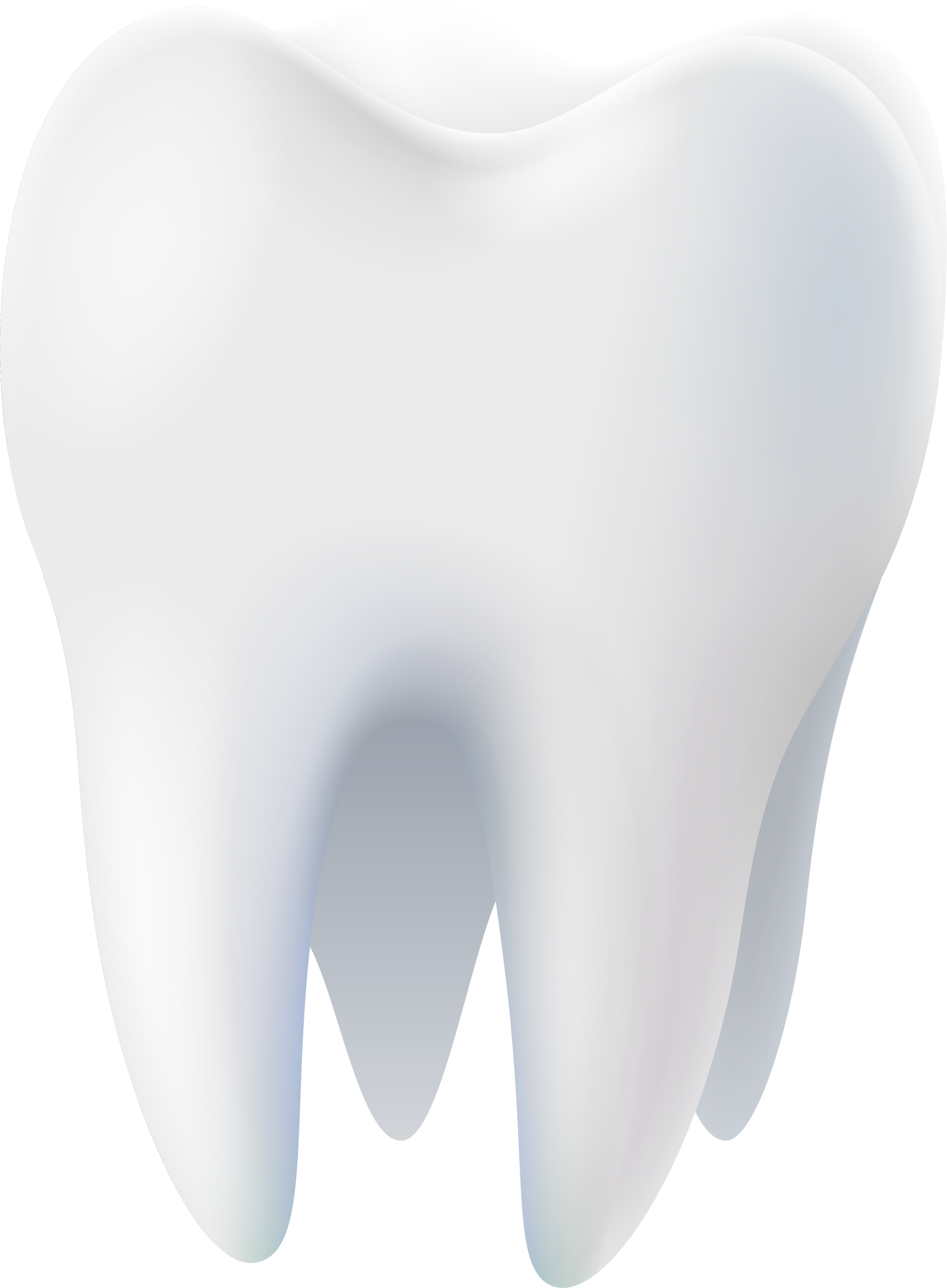Wisdom Teeth
+ PROCEDURES
Safe and Effective Wisdom Teeth Removal
At Tri-State Oral Surgery, we specialize in the removal of wisdom teeth, ensuring a smooth and comfortable process. Wisdom teeth, also known as third molars, often cause issues when there isn’t enough space in the mouth for them to fully erupt. Removal can prevent pain, infection, and future dental complications.
Prevent Future Dental Issues
Removing impacted or misaligned wisdom teeth early helps prevent pain, infections, and damage to surrounding teeth.
Comfortable and Safe Procedure
Our experienced surgeons use advanced anesthesia options to ensure your wisdom teeth removal is painless and stress-free.
Quick Recovery with Personalized Care
With proper post-operative instructions, most patients experience a smooth recovery and minimal discomfort following the procedure.


Understanding Wisdom Teeth and Why They Cause Problems
By the age of eighteen, the average adult has 32 teeth; 16 teeth on the top and 16 teeth on the bottom. Each tooth in the mouth has a specific name and function. The teeth in the front of the mouth (incisors, canine and bicuspid teeth) are ideal for grasping and biting food into smaller pieces. The back teeth or molar teeth are used to grind food up into a consistency suitable for swallowing.
The average mouth is made to hold only 28 teeth. It can be painful when 32 teeth try to fit in a mouth that holds only 28 teeth. These four other teeth are your Third Molars, also known as “wisdom teeth”.
The result: swelling, stiffness, pain and illness. The pressure from the erupting wisdom tooth may move other teeth and disrupt the orthodontic or natural alignment of teeth. The most serious problem occurs when tumors or cysts form around the impacted wisdom tooth, resulting in the destruction of the jawbone and healthy teeth. Removal of the offending impacted tooth or teeth usually resolves these problems. Early removal is recommended to avoid such future problems and to decrease the surgical risk involved with the procedure.
Oral Examination
With an oral examination and x-rays of the mouth, the doctors at Tri-State Oral Surgery can evaluate the position of the wisdom teeth and predict if there may be present or future problems. Studies have shown that early evaluation and treatment result in a superior outcome for the patient. Patients are generally first evaluated in the mid-teenage years by their dentist, orthodontist or by an oral and maxillofacial surgeon.
All outpatient surgery is performed under appropriate anesthesia to maximize patient comfort. Our doctors have the training, license and experience to provide various types of anesthesia for patients to select the best alternative.
Why Should I Remove My Wisdom Teeth?
Wisdom teeth are the last teeth to erupt within the mouth. When they align properly and gum tissue is healthy, wisdom teeth do not have to be removed. Unfortunately, this does not generally happen. The extraction of wisdom teeth is necessary when they are prevented from properly erupting within the mouth. They may grow sideways, partially emerge from the gum and even remain trapped beneath the gum and bone. Impacted teeth can take many positions in the bone as they attempt to find a pathway that will allow them to erupt successfully.
These poorly positioned impacted teeth can cause many problems. When they are partially erupted, the opening around the tooth allows bacteria to grow and will eventually cause an infection.
Wisdom Teeth Removal
In most cases, the removal of wisdom teeth is performed under local anesthesia, laughing gas (nitrous oxide/oxygen analgesia) or IV sedation. These options as well as the surgical risks (i.e. sensory nerve damage, sinus complications) will be discussed with you before the procedure is performed. Once the teeth are removed, the gum tissue is sutured. To help control bleeding, we have our patients bite down on gauze placed in their mouth. Next, our patients rest under our supervision in the office until they are ready to be taken home. Upon discharge, a post-operative kit will include postoperative instructions, a prescription for pain medication and usually antibiotics.
Our services are provided in an environment of optimum safety that utilizes modern monitoring equipment and staff that are experienced in anesthesia techniques.
+ FAQ
Answers to Your Most Common Questions
Wisdom teeth removal is a common procedure, but it's natural to have questions. Here, we answer some of the most frequently asked questions to help you better understand the process and what to expect. For medical questions, please call our office directly. For general inquiries, please use the contact form below.
Contact Us
We will get back to you as soon as possible.
Please try again later.
Wisdom Teeth FAQ
At what age should I have my wisdom teeth removed?
The ideal age for wisdom teeth removal is typically in the late teens to early twenties. Removing them at this stage can prevent future complications such as impaction, overcrowding, or infection.
How do I know if my wisdom teeth need to be removed?
Your dentist or oral surgeon will take X-rays and examine your mouth to assess whether your wisdom teeth are impacted or likely to cause problems. Signs that you may need removal include pain, swelling, or infection around the gums.
What is the recovery time after wisdom teeth removal?
Most patients recover within 3-5 days after wisdom teeth removal. Full recovery and healing of the gums can take up to a couple of weeks, depending on the complexity of the extraction.
Will I be awake during the procedure?
Wisdom teeth removal is typically performed under local anesthesia, IV sedation, or general anesthesia, depending on the patient’s preference and the complexity of the surgery. Your oral surgeon will discuss the best option for you.
Are there any risks associated with wisdom teeth removal?
Like any surgical procedure, wisdom teeth removal carries some risks, such as infection, dry socket, or temporary numbness. However, complications are rare, and your oral surgeon will take every precaution to minimize risks.
Can I eat normally after wisdom teeth removal?
For the first few days after surgery, it’s recommended to stick to soft foods like yogurt, smoothies, and soups. Avoid hard, crunchy, or spicy foods that could irritate the surgical site. Gradually reintroduce solid foods as you heal.
+ CONTACT US
Reach Out for Expert Oral Care
We’re here to answer any questions and help you schedule your appointment at Tri-State Oral Surgery. Whether you’re looking for more information or ready to book your first visit, our team is available to assist you.
Evansville Office
Owensboro Office
Fax
812-401-3600
Office Hours
Phone Hours
Mon - Thurs: 7:30 am - 3:30 pm | Friday: 7:30 am - 1:30 pm
Mon - Thurs: 7:30 am - 5:00 pm
Call or Text:
812-401-3500
Call or Text: 270-208-9005



